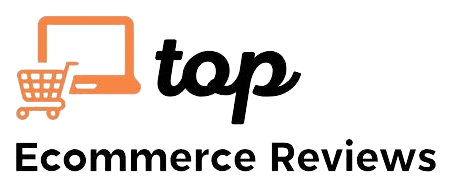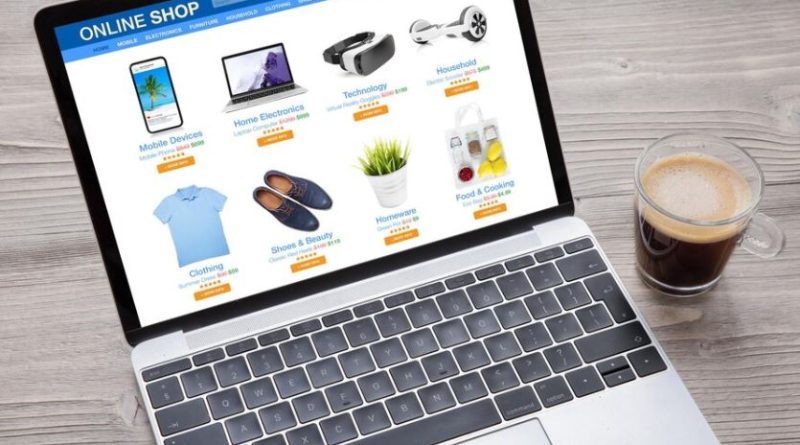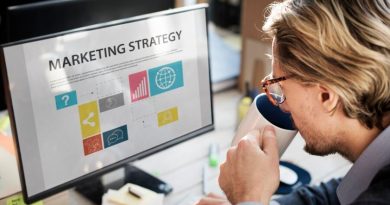Design Resources for Creating a High-Converting Ecommerce Store: Attract, Engage, and Convert
In the competitive world of e-commerce, a captivating and user-friendly online store is essential for attracting customers and driving sales. But creating a visually appealing and high-converting store doesn’t require a hefty design budget. Numerous resources exist to equip you with the tools you need to build a stunning and functional online presence. Let’s delve into some of the best resources for finding and utilizing high-quality e-commerce design elements.
Ecommerce Templates & Themes:
- ThemeForest: This vast marketplace offers a comprehensive collection of premium e-commerce themes for various platforms like Shopify, WooCommerce, and BigCommerce. You’ll find a wide range of visually stunning and responsive themes catering to different industries and functionalities. (https://www.envato.com/)
- TemplateMonster: Another popular marketplace, TemplateMonster provides a diverse selection of premium and free e-commerce templates compatible with various platforms. Explore themes with features like product filtering, mobile responsiveness, and integration with essential plugins. (https://www.templatemonster.com/)
- Official E-commerce Platform Stores: Many platforms like Shopify and WooCommerce offer curated theme stores featuring themes specifically designed for their platform. These themes ensure seamless integration and functionality, saving you time and effort.
- Shopify Theme Store: (https://themes.shopify.com/themes)
- WooCommerce Theme Store: (https://woocommerce.com/product-category/themes/)
High-Quality Stock Photos:
- Unsplash: This popular platform boasts an extensive library of stunning, high-resolution stock photos free for commercial use. Find royalty-free images across various categories to enhance your product pages and marketing materials. (https://unsplash.com/)
- Pexels: Another excellent resource for free stock photos, Pexels offers a vast collection of beautiful and diverse images perfect for showcasing your products and building brand identity. All photos are free to use and modify without attribution. (https://www.pexels.com/)
- Depositphotos: While offering some free images, Depositphotos primarily functions as a subscription-based service with access to millions of premium stock photos, illustrations, and vectors. Consider a subscription if you require a wider selection and specific image types. (https://depositphotos.com/)
Graphic Design Elements:
- Freepik: This platform provides a treasure trove of free and premium graphic design elements, including icons, vectors, illustrations, and design templates. Enhance your product pages, social media graphics, and marketing materials with high-quality design assets. (https://www.freepik.com/)
- Flaticon: Specializing in icons, Flaticon offers a vast library of free and premium vector icons covering various categories. Utilize icons to improve navigation, add visual interest, and enhance user experience within your online store. (https://www.flaticon.com/)
- Canva: A user-friendly online design tool, Canva empowers you to create stunning graphics for your e-commerce store, social media posts, and marketing materials, even with limited design experience. Choose from pre-designed templates or customize elements to fit your brand identity. (https://www.canva.com/)
Utilizing Design Resources Effectively:
- Quality Matters: Prioritize high-quality design elements to create a professional and trustworthy online store. Grainy or low-resolution images can negatively impact customer perception.
- Brand Consistency: Maintain brand consistency by using a consistent color palette, fonts, and design elements across all your design assets, including your e-commerce store, marketing materials, and social media presence.
- Mobile Optimization: Ensure all design elements, including images and templates, are mobile-friendly and display flawlessly on smartphones and tablets. A significant portion of e-commerce traffic originates from mobile devices.
- A/B Testing: Don’t be afraid to experiment with different design layouts and elements. Use A/B testing tools to see which designs resonate best with your target audience and drive higher conversions.
In Conclusion:
By leveraging the design resources available, you can create a high-converting e-commerce store that attracts customers, showcases your products effectively, and ultimately drives sales. Remember, a well-designed online store not only looks good but also plays a crucial role in user experience and conversion rate optimization. With careful selection, strategic use of these resources, and a focus on brand consistency, you can transform your online store into a visually appealing and high-performing sales machine.




